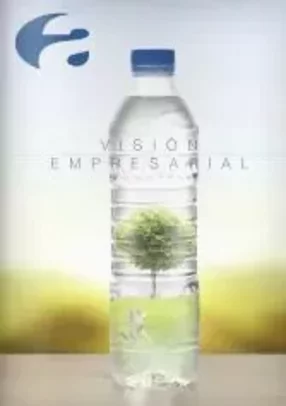ASIPLA encourages members to promote a high ethical standard in their business, according to their specific interests. As such, ASIPLA adheres to the "Operation Clean Sweep" program, which is a process of continuously improving the manufacture of plastic pellets to reduce accidental loss. Asipla has also worked with the Chilean Society of Safety (ACHS) to improve the safety of workers in the sector and has obtained significant results by reducing the accident rate from 10.45 percent to 7.8 percent.
ASIPLA works with government authorities on behalf of the plastic industry to ensure the implementation of appropriate regulatory frameworks for its member’s products. As such, ASIPLA has been involved in several legislative initiatives and bills. In 2012, ASIPLA successfully objected to the inclusion of the so-called "green taxes" for packaging, because such taxes wouldn’t really encourage recycling. As a counterproposal, ASIPLA has collaborated with the authorities to create a new law called “Extended Producer Responsibility” (EPR), which is now in Congress and incorporates several proposals which will encourage plastic recycling.
Inside the regulatory framework, ASIPLA is actively involved in; an update to the Food Health Regulations (plastic containers in contact with food), is a member of a working group to improve labor productivity, and has signed an agreement with the National Standards Institute to development industry standards.
ASIPLA has developed recycling fairs in different municipalities to allow individuals to become familiar with recycling and encourage learning. ASIPLA has also made gains in municipal recycling through outreach training programs for collection center workers.
As a service to its associate members, ASIPLA provides professional growth opportunities to the industry’s workers. ASIPLA promotes career development, professionalism, and employability with training programs custom-fitted to each company. These opportunities are provided by different institutions and technical experts in the field. Currently, ASIPLA is developing a unified certification process through which worker training will be made universal throughout the industry. This certification will finally create an Industrial Sector Agency Competence (OSCL) for the plastics sector.
ASIPLA seeks to improve the dissemination of the knowledge and advancement of the plastic industry through the reporting of quarterly industry statistics and performing outreach in various forms of public media which includes publications, fairs, and seminars. At present, ASIPLA is focusing on the FullPlast 2015 Fair, event which allows positioning the national industry as a business platform for South America and to be a showcase for our industry.

